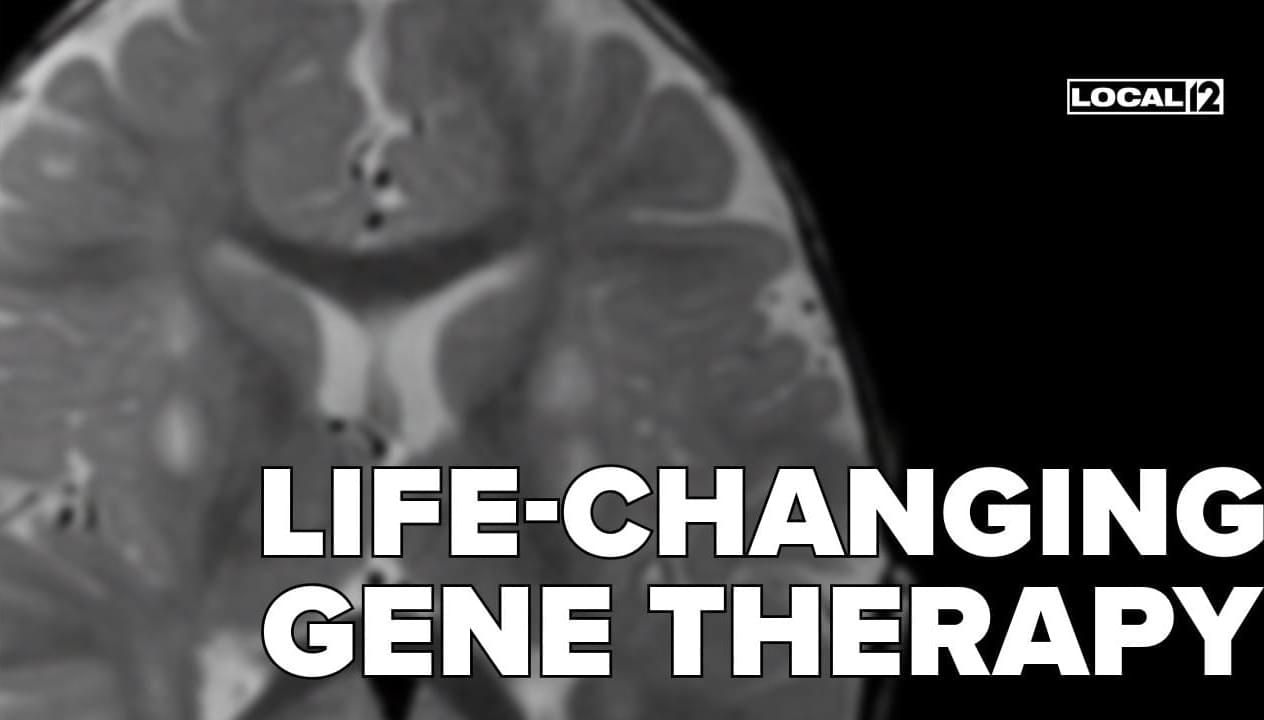Nov 30, 2024
Next-Gen Quantum Computing: The Fusion of Atoms and Photonic Innovation
Posted by Genevieve Klien in categories: computing, particle physics, quantum physics
Researchers at the University of Chicago have developed a new method for enhancing quantum information systems by integrating trapped atom arrays with photonic devices.
This innovation allows for scalable quantum computing and networking by overcoming previous technological incompatibilities. The design features a semi-open chip that minimizes interference and enhances atom connectivity, promising significant advances in computational speed and interconnectivity for larger quantum systems.
Merging technologies for enhanced quantum computing.

















